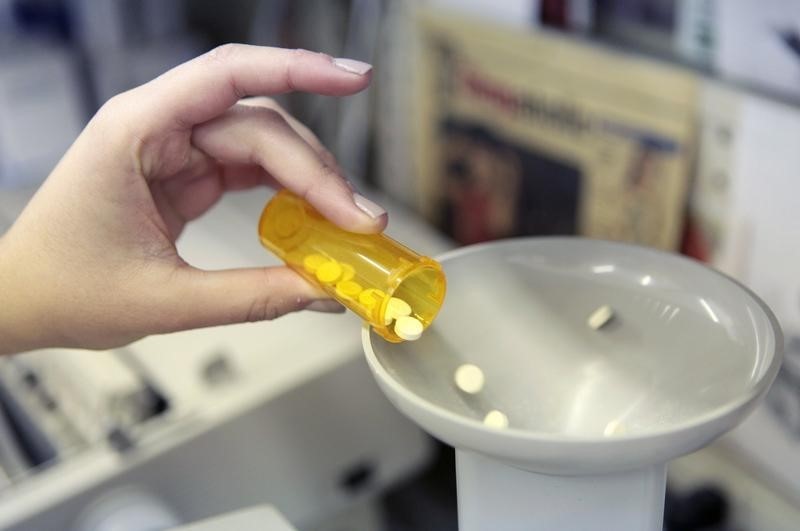(Adds comment from United States)
ATLANTA, Oct 2 (Reuters) - Six Pacific trading partners are resisting a U.S. push to set rules that would protect patented next-generation medicines from competition from generic drugs for eight years and are insisting on a shorter period of five years as part of a sweeping trade pact, two sources close to the negotiations said on Friday.
Ministers from the 12 countries negotiating the Trans-Pacific Partnership (TPP) entered a third day of talks in Atlanta still deadlocked over the treatment of biologic drugs, next-generation drugs which are made from living cells and used to treat cancer and other diseases.
A spokesman for the U.S. Trade Representative said the United States had not made a formal proposal on biologics but TPP partners "continued to work on creative solutions toward agreement."
Monopoly periods for medicines are a sensitive political issue for countries which face higher public health costs if cheaper alternatives take longer to come to market.
Pharmaceutical companies argue that increased security for their intellectual property will encourage investment.
Peru, Chile, Malaysia, New Zealand, Australia and Brunei are so far sticking to five-year protection periods for biologic drugs, two sources briefed on the negotiations said.
The United States, which had originally pushed for 12 years, and countries including Australia and Japan have suggested possible compromises. Mexico was ready to be flexible depending on the balance of the negotiations, one source said.
The sources could not be identified due to the sensitivity of the discussions.
U.S. officials have declined to give details of the discussions on pharmaceuticals, one of three key issues left to resolve in talks on the TPP, which would cut trade barriers for 40 percent of the world economy.
"TPP partners are committed to finding a solution that ensures life-saving medicines are more widely available, while also creating incentives for the development of new treatments and cures," a USTR spokesman said.
